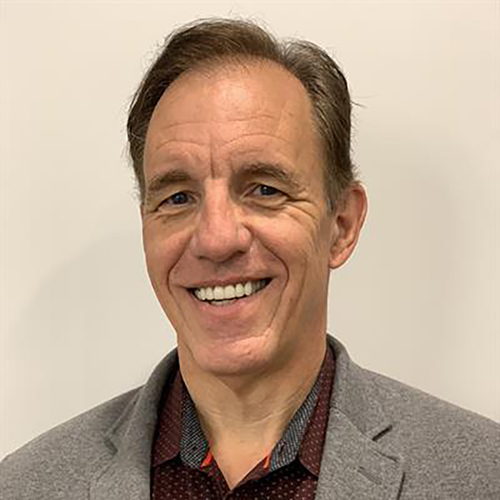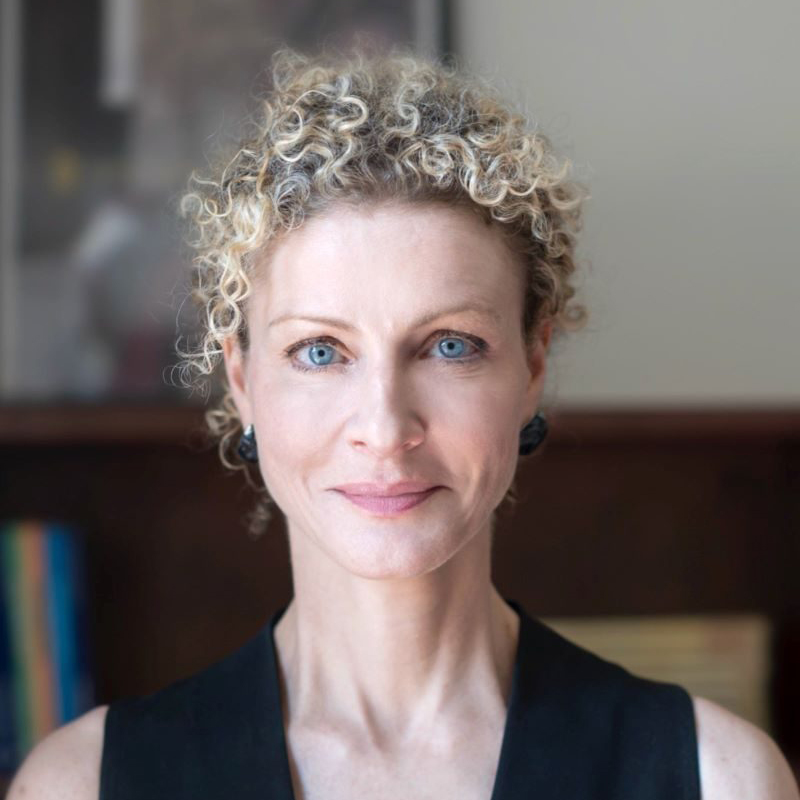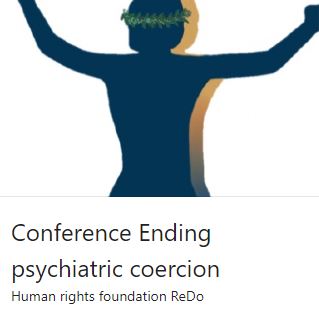Reframing mental health, globally
We are a global collective of scholars and activists working to reimagine mental health through the lens of human right and social justice.
Together, we challenge outdated systems, pioneer rights-based approaches, and amplify the voices of those with lived experience.

Current projects
The Centre is engaged in a dynamic range of initiatives that place human rights at the core of mental health policy and practice. These include: contributing to the development of Brazil’s first national Housing First policy, which addresses homelessness through a human rights framework; supporting a knowledge exchange initiative aimed at promoting the rights and social inclusion of persons with psychosocial disabilities; and conducting participatory research that critically examines the narratives, actors, institutions, and funding structures shaping the field of Global Mental Health.
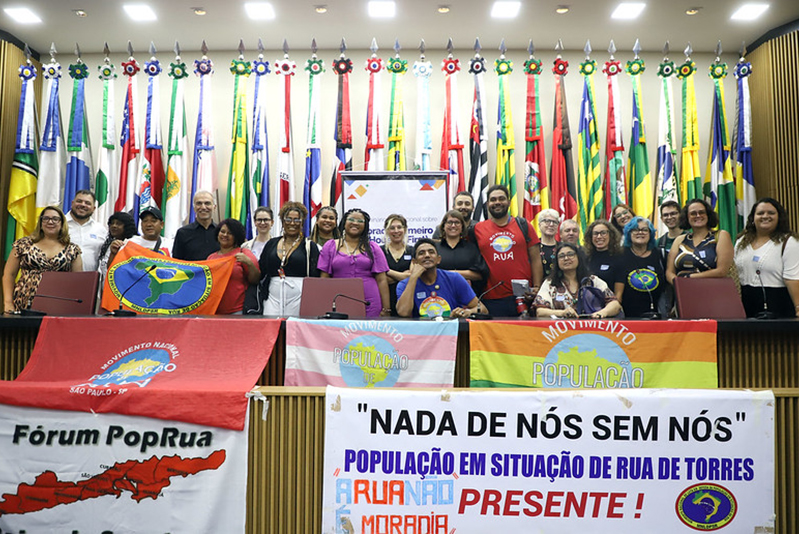
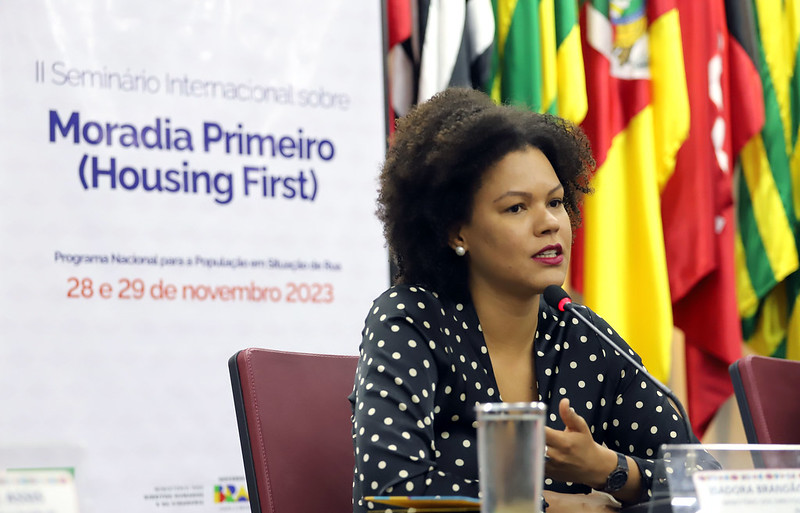
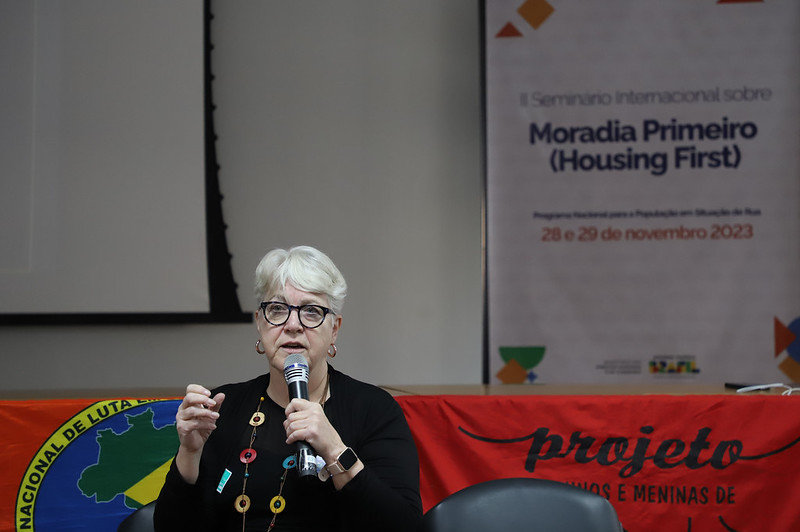
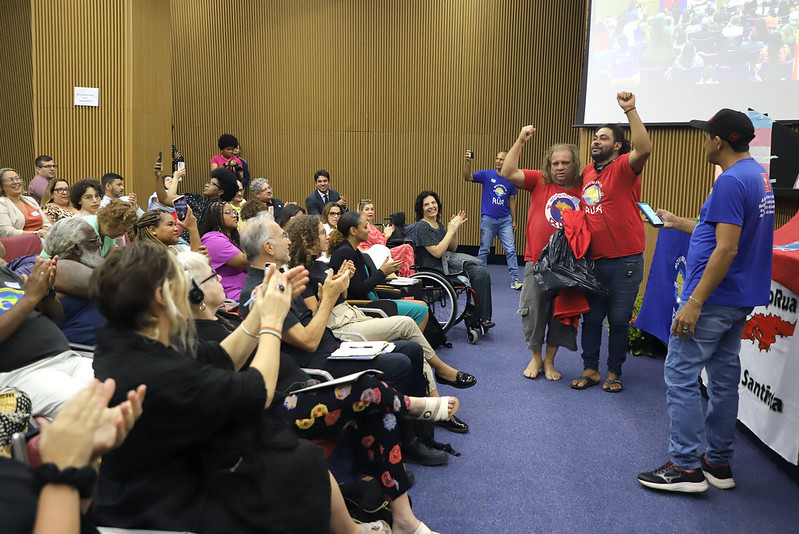


We are a global community
We are an independent and multi-disciplinary global community of scholars and activists dedicated to the study of rights-based approaches to mental health law, policy, and practices.
Sign up for updates
Join our mailing list and get the latest news from the Centre for Mental Health, Human Rights and Social Justice.

